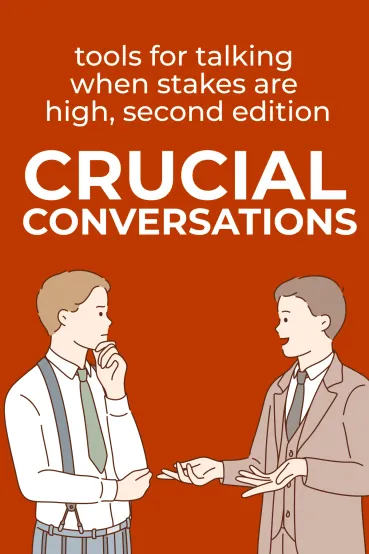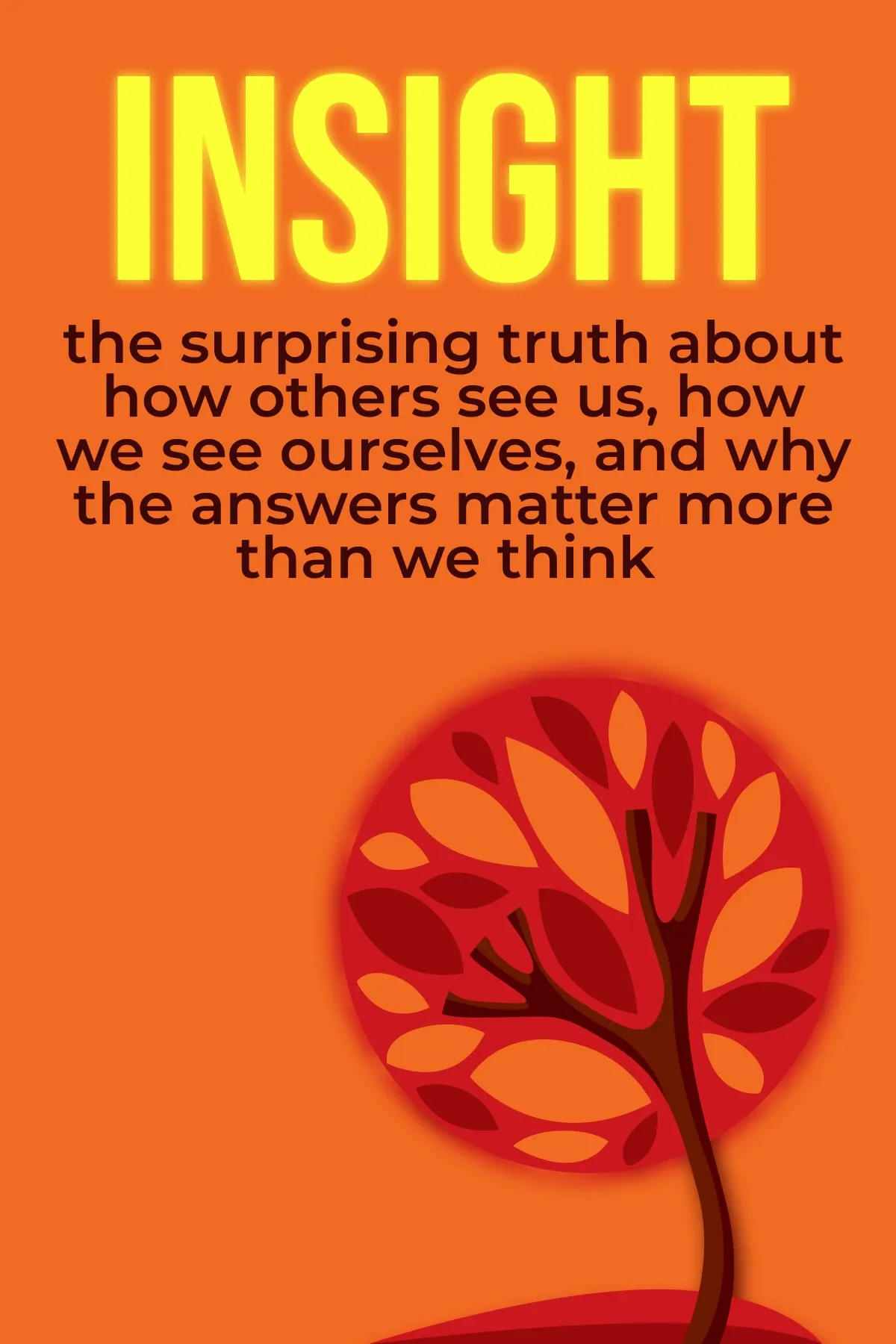
Crucial Conversations
Brief Summary
“Crucial Conversations” delves into the art of communication in high-stress situations. It offers practical tools for handling difficult conversations effectively. Whether it's a disagreement with a colleague, a confrontation with a loved one, or a contentious debate with a boss, the authors provide strategies to navigate even the most challenging discussions.
Topics
Key points
Key idea 1 of 9
Have you ever attempted to communicate with your significant other and found yourself in the midst of a dispute instead? Most likely, you have! These situations are typically crucial conversations where emotions and tensions run high. Failing to handle them effectively can result in negative consequences.
One of the challenges of crucial conversations is the struggle to maintain a rational mindset. This is partly due to the surge of adrenaline that occurs when emotions are intense, as the body's natural response is to amplify our senses. The body cannot distinguish between a heated discussion and a real threat, triggering a fight-or-flight response. However, this instinctual response often impairs clear and rational thinking.
Besides, such conversations start like a bolt from the blue, so we are not prepared for them. For instance, if your partner suddenly expresses a desire to end your relationship, you may be caught off guard and respond with a spontaneous emotional reaction. Instead of having a calm and rational discussion about the situation, the conversation may escalate. It may turn into an argument where both parties are yelling and unable to hear one another.
Learning to keep crucial conversations going can benefit you in various ways, improving your personal and public life. As per a survey of over 20,000 individuals from different organizations, those who honed their crucial conversation skills reported performing better and assuming leadership roles in their companies.
Furthermore, couples who can effectively manage difficult conversations are more inclined to maintain a healthy relationship. In fact, their likelihood of separating can decrease by as much as 50 percent.
FAQ
You may also like these summaries











